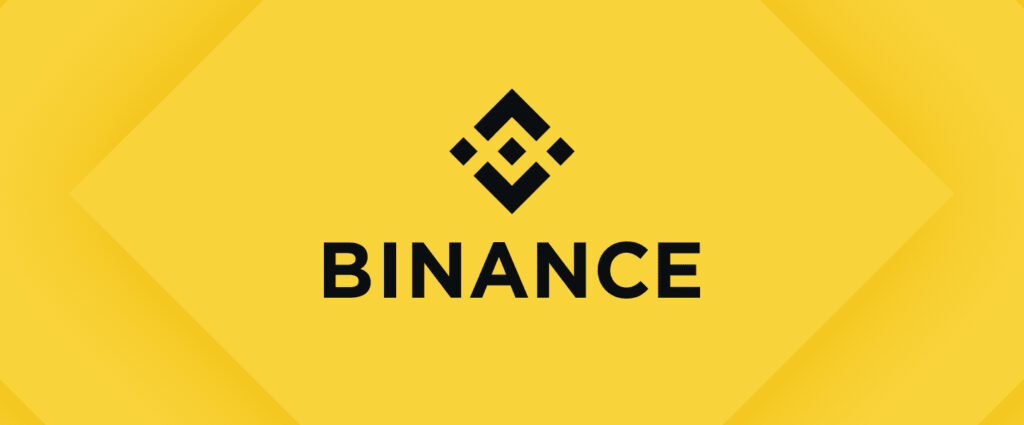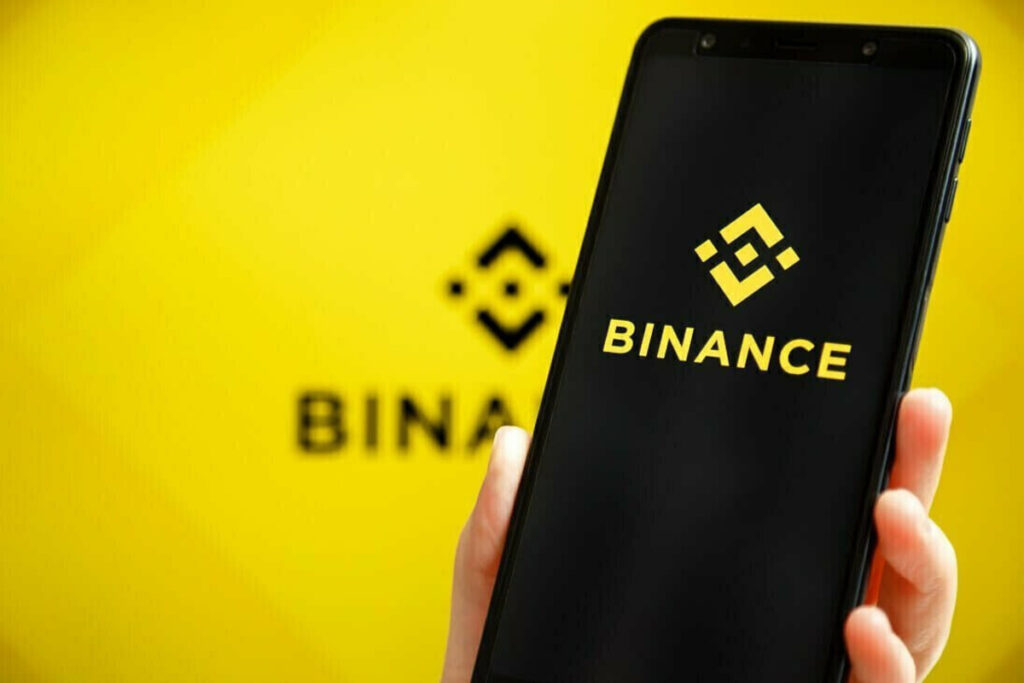An X user recently identified discrepancies in Binance’s BRC-20 ORDI balances caused by inconsistent indexing.
On the UniSat indexer, Binance possesses 7.239 million ORDI, while the Ordiscan index reflects a holding of 2.293 million ORDI. This variance amounts to approximately five million.
Discrepancies in BRC-20 ORDI Balances on Binance
BRC-20 ORDI, an experimental token built on the Ordinals protocol, has sparked debate due to varying balance reports from indexers.
Dumpster_DAO uncovered this issue during their investigation, exposing a discrepancy of approximately five million ORDI between two indexers. According to UniSat, an indexer used by Binance, the exchange holds 7.239 million ORDI. However, the Ordiscan index reports a lower figure of 2.293 million ORDI.
The BRC-20 token standard, introduced in early 2023, enables the creation of fungible tokens using the Ordinals protocol on Bitcoin. These tokens, including ORDI, are inscribed on satoshis (the smallest unit of Bitcoin) and can be minted and transferred. However, unlike ERC-20 tokens on the Ethereum network, BRC-20 tokens do not use smart contracts and thus offer limited functionality.
Dumpster_DAO also stated that while exchanges like OKX and Bybit use UniSat data, Binance relies on Ordiscan data, noting that this variance in indexing methods poses risks to ORDI assets.
Following the development, Dumpster DAO reportedly contacted Binance’s customer service team and sought clarification from UniSat Wallet, which cited historical errors in processing decimal numbers in the Ordinalscan indexer.
Binance and UniSat Respond to Situation
Binance has responded to this situation with a representative addressing the concerns about the inconsistencies in ORDI asset balances viewed by different indexers.
Hello, @Dumpster_DAO
Binance is using Unisat indexer, not Ordiscan. The difference between Unisat and Ordiscan is how small digits are treated. Funds are SAFU.
– VS— Binance Customer Support (@BinanceHelpDesk) November 27, 2023
The representative highlighted that Binance uses the UniSat indexer and suggested that the observed discrepancies could be attributed to differences in the processing logic of the indexers. They also assured users of the safety of platform funds and advised that there was no reason for concern.
UniSat Wallet also responded to the community’s concerns, stating they confirmed that their indexer is fully compatible with the latest BRC-20 standard and has been reliable and stable since its introduction in March.
As long as we support brc-20 (as we always do!), UniSat will make sure that our indexer is
a) standard compatible
b) extremely fast
c) developer friendlyThank you for your support!❤️
— UniSat Wallet – Store, Inscribe and Search. (@unisat_wallet) November 27, 2023
UniSat also emphasized the impracticality of forking due to inactive whitelist modules, thereby reducing related risks, and is committed to providing proactive support to known indexers in implementing modular recommendations to ensure compatibility, speed, and developer-friendliness


